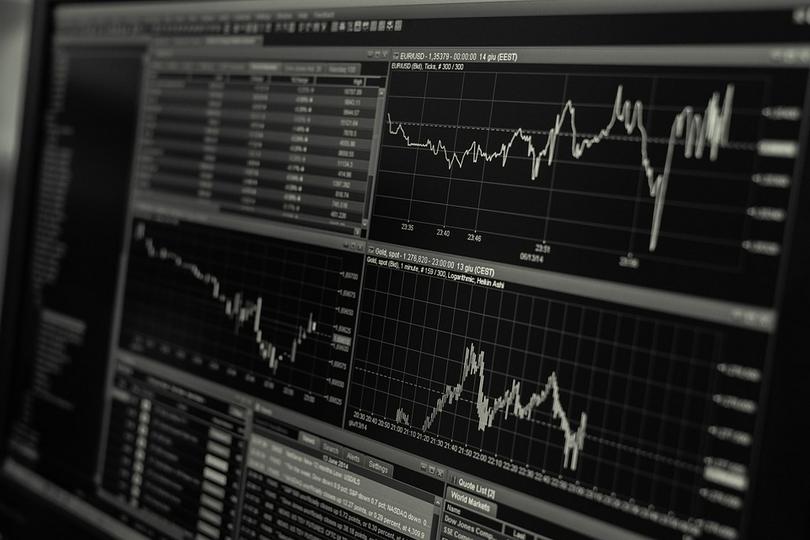In just a few days after the start of a "new-year", China's economy begins to face what its own leaders call three years of "critical battles".
The problem at hand is the dilemma of tackling domestic debt, as well as poverty and pollution that basically poses a hat-trick of risks to the world's No. 2 economy even before higher interest rates and trade war threats from the U.S. are taken into account.
Although the nation is opening from a position of strength, with full-year growth in 2017 poised for its first acceleration since 2010, the expansion is seen to slow down in 2018 mainly as a result of the government of Xi Jinping's announcement saying that it's sanguine about more modest economic performance if progress on the top risk -- financial fragility -- can be made.
According to Rajiv Biswas, chief Asia-Pacific economist at IHS Markit in Singapore "Significant economic imbalances continue to create downside risk to the outlook for 2018," he added "Risks to the Chinese economy will remain among the key risks to the global growth outlook in 2018, with the Asia Pacific region particularly vulnerable to the shock waves from a slowdown."
Those waves haven't materialized, and in factm economic activity is holding up. The official manufacturing purchasing managers index was at 51.6 in December, signaling improving conditions. New export orders also climbed to a six month high, according to a sub-index report.
However, forecasters see expansion slowing to 6.5 percent -- the slowest pace since 1990 -- this year, the following are among areas they flag as having the potential to trip up economic growth or spur market turbulence.
Clash of Trades
Meanwhile, U.S. President Donald Trump's recent national security strategy speech was a "tee up" for a turn toward protectionism, says David Loevinger, a former China specialist at the U.S. Treasury Department.
"On the menu for 2018: lots of red meat for the base, and that means bashing imports," said Loevinger, now an analyst at TCW Group Inc. in Los Angeles. "Since nationalistic populism is as irresistible in China, Chinese politicians will feel compelled to retaliate."
If the U.S. Federal Reserve increases interest rates more than markets expect and tax cuts build on underlying 3.2 percent growth, the dollar may get a second wind that puts the yuan and capital outflows under pressure again, according to George Magnus, an associate at Oxford University's China Centre and former adviser at UBS Group AG.
"If the Fed starts hiking and the dollar goes on a bull run, that would cause big problems," says Christopher Balding, an associate professor at the HSBC School of Business at Peking University in Shenzhen.
Should pressure between the U.S. and North Korea intensify into a more significant confrontation, there will be profound and far-reaching consequences not just for China's economy but that of the entire Asia-Pacific region, says Zhu Ning, deputy director of the National Institute of Financial Research at Tsinghua University in Beijing.








